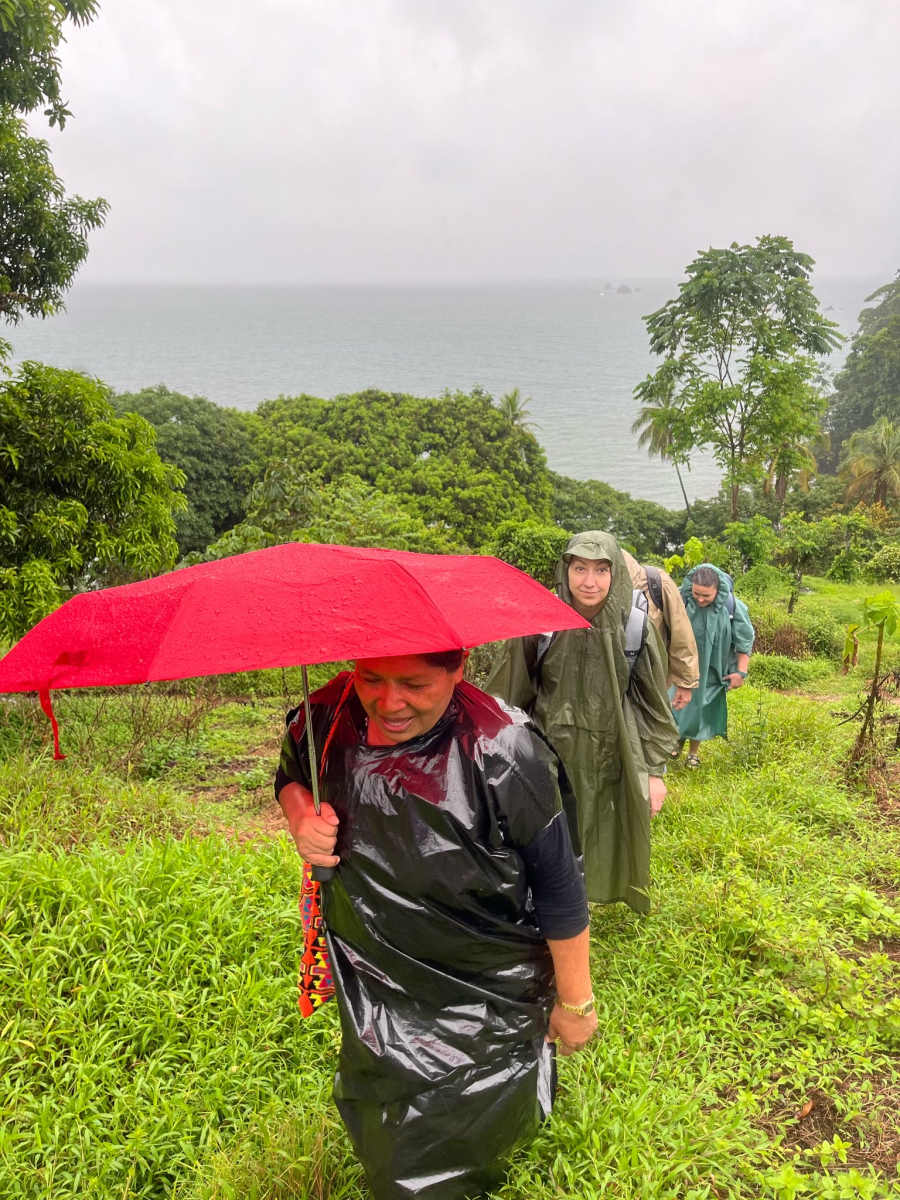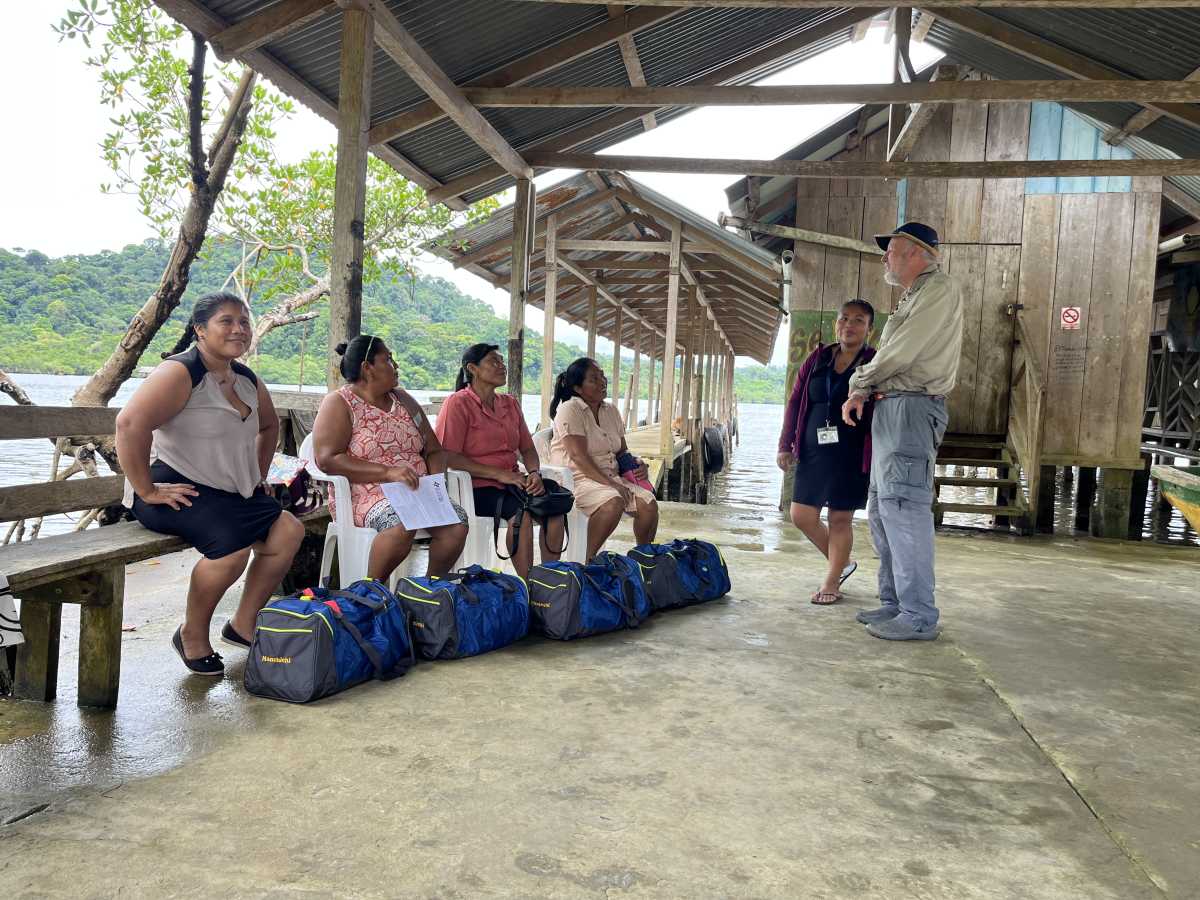Partnering with Floating Doctors, we will spend a week serving remote villages without medical care in Panama. This will include direct patient care, community health education, and vaccine administration. The communities served will be better equipped to reduce infectious diseases, better manage chronic diseases, and protect rising generations from tropical and vector-borne diseases.We are partnering with Floating Doctors to spend a week providing medical care to remote villages in Panama that lack access to healthcare. Our activities will include direct patient care, community health education, and the administration of vaccines. By serving these communities, we aim to help them reduce infectious diseases, manage chronic conditions more effectively, and protect future generations from tropical and vector-borne diseases.
Remote villagers in varying parts of Panama. These communities have little to no access to health care or health education. This will allow them the opportunity to continue to grow and flourish in there respective areas and increase general health among their people.Remote villagers in various parts of Panama have limited access to health care and health education. This initiative will provide them with the opportunity to continue growing and thriving in their respective communities while improving the overall health of their populations.
A significant focus will be on health education. This will allow communities to teach one another and future generations, ensuring continued health over the many decades. While vaccines will be provided, programs are in place to continue to deliver vaccines to these underserved communities. The hope is that, as community engagement increases, they will have better support and infrastructure to take over all care in the coming years.






This was a 5 day trip in conjunction with the established group Floating Doctors. This is a group dedicated to being consistent care to the Ngöbe people within the Bocas del Toro province of north eastern Panama. These dedicated individuals are based on San Cristobal island. They travel to remote clinics each week to provide primary care to the people in varying communities. Our days were spent in Playa Lorenzo and Playa Verde, both a more than 2 hour boat ride from base in an outboard motor boat. Our first day was spent partly in the rain, and when reaching Playa Lorenzo we had to bail out into knee deep ocean to get to shore as the tide was too low and our boat too heavy to be able to make it to the dock. We immediately unloaded medical supplies, set up clinic, and within an hour and a half began seeing patients. There is no schedule, but patients are informed of when the next clinic will be in three months time and the community shows up. They keep electronic records on tablets for their chronic patients, namely those with diabetes and hypertension, that they ensure to follow up with regularly. They also do fast lane and look at more acute illnesses and a myriad of skin conditions. After doing another half day clinic the following day we packed up and made our way to Playa Verde. The process of clinic was repeated. We also saw a high number of cataracts and pterygiums, all at higher rates due to the work they do on the ocean often without eyewear protection. We learned a group of ophthalmologists will be visiting the area in the fall to perform much needed eye surgeries for the people in these communities. A fellow student and I had the opportunity to go with their community health educator to Punta Valiente and Enseñada to witness the continued growth in the Manchichi (mother and child) program. This program is sponsored by the Rotary club. Its purpose is to train local women to be parteras (midwives) within their local communities. We hiked through unpaved trails up a steep hillside in the pouring rain to watch these dedicated women perform postpartum and prenatal exams and visits. These incredible women go forward without fanfare or complaint to learn and do more for the women in their community. Their simple unwavering service is how I hope to continue to care for patients within my field. They simply go to work and do what needs to be done with care and compassion. We then were able to witness 4 of these newer parteras receive bags of medical equipment for them to use in the service of their patients. This experience left a lasting and profound impact on me as I watched their selfless service dedicated to improving maternal and fetal mortality rates.